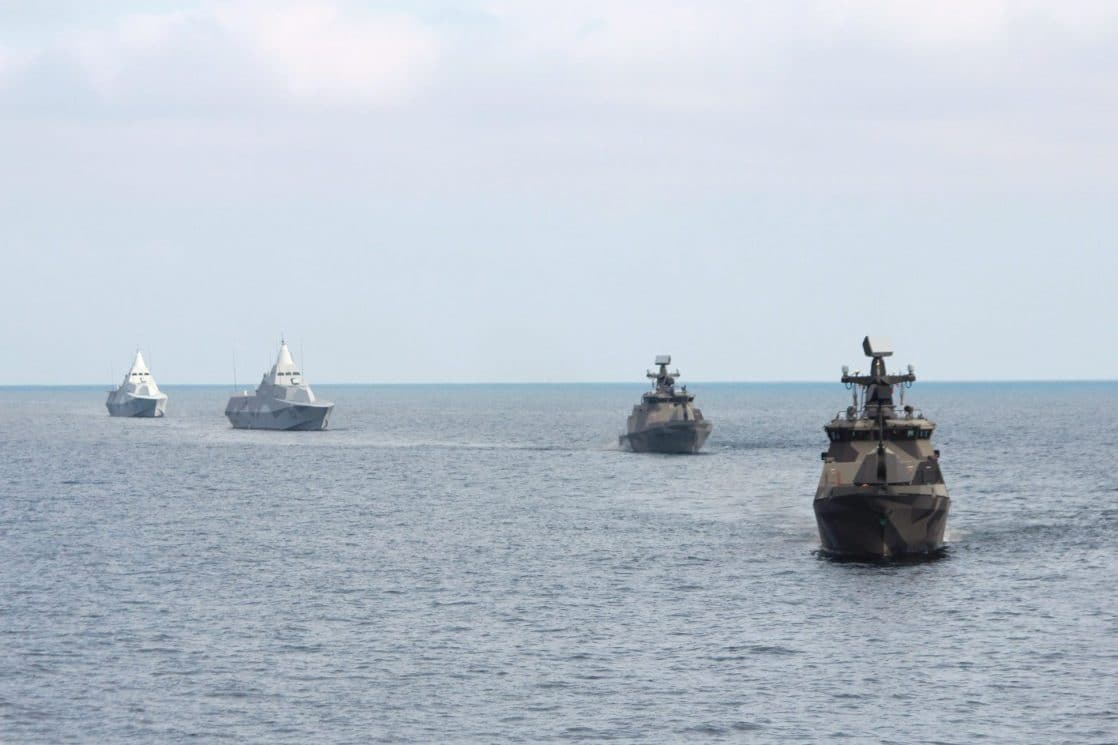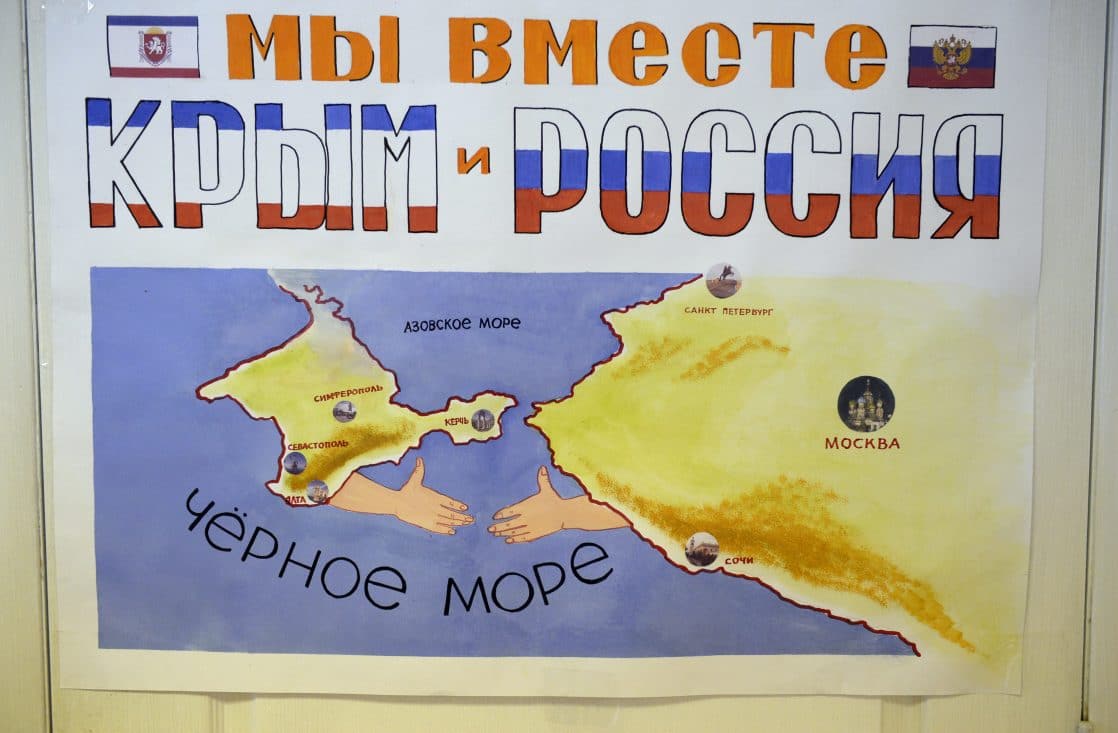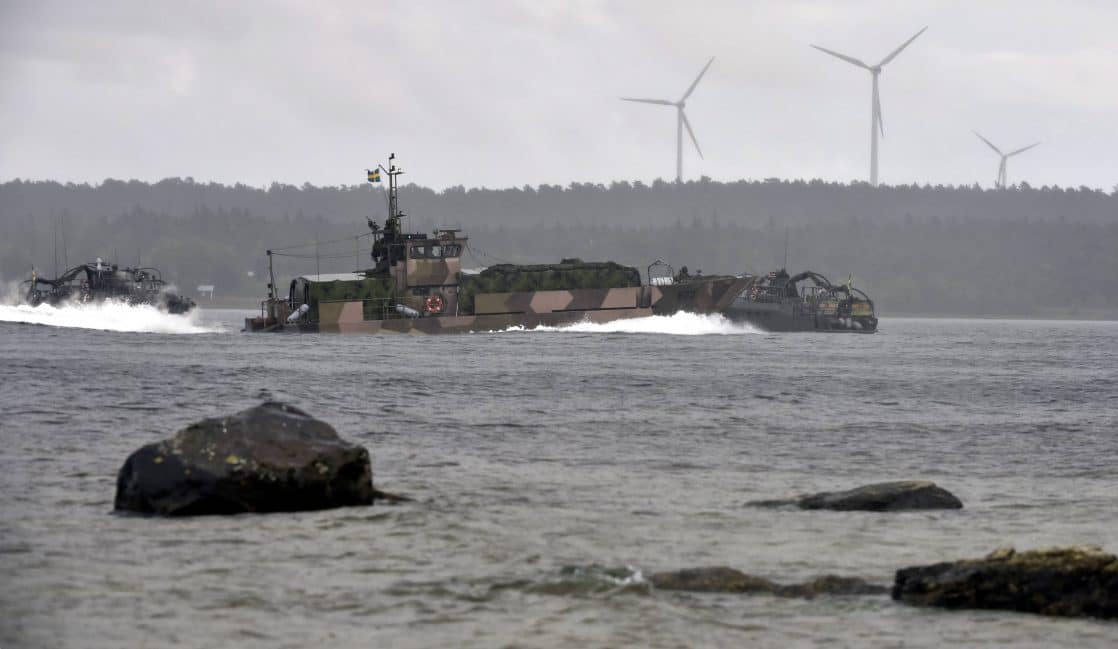Nojatuolistrategi
Ylipäällikkö
Tässä kappale raportista, jossa tuo Ranskan määritelmä 42.7 artiklasta avattu (ss. 12-13). Ydinsateenvarjo on spekulatiivisempi, kuin Pesun twiitissä.
The defence and security dimension of European strategic autonomy is discussed in very concrete terms in Paris, for example in relation to giving sub-stance to the “mutual defence clause” of the Treaty of Lisbon (Article 42 (7)), which stipulates: “If a Member State is the victim of armed aggression on its territory, the other Member States shall have towards it an obli- gation of aid and assistance by all the means in their power, in accordance with Article 51 of the United Nations Charter. This shall not prejudice the specific character of the security and defence policy of certain Member States.”
The French government has chosen to make Article 42 (7) a priority because it regards strategic autonomy as meaning the EU’s ability tooperate independently. Paris places collective defence at the heart of its deliberations and discusses four scenarios in which the EU needs to be able to respond without assistance from the United States: a terror attack against an EU member state, a hybrid attack, an attack against an EU member state that is not a member of NATO (principally Sweden or Finland), or an armed attack on a NATO ally where the United States is not willing to respond militarily under Article 5 of the NATO Treaty.
There is also debate in Paris about whether France should in future regard an attack on an EU or NATO partner as an attack on France, to which it could then also respond using nuclear weapons.
By focussing on collective defence Paris is seeking to counter the impression that France is interested only in its own narrowly defined stra- tegic interests. Many EU countries suspected thatPresident Macron’s “European intervention initiative”would principally benefit France through greater European military engagement in Africa. At the same time Paris puts Berlin in a difficult situation with its focus on collective defence, because Germany has to date located that question exclusively in the NATO framework.
Paris is pushing for advances in smaller groups, in the EU in general and especially in the Security and Defence Policy. Berlin also sees the need for this. But as the launch of PESCO demonstrated, it remains the case that France presses for exclusivity and optimal capacity to act while Germany looks more to inclu- sivity and legitimacy. France continues to assertively court Germany and offers exclusive cooperation, regarding a Franco-German entente as a first steptowards a possible “Europeanisation” of the Securityand Defence Policy.
At least two projects are involved:
Firstly Paris would prefer to introduce the most important scenarios for independent action in con- nection with Article 42 (7), principally together with Germany. This would also open the opportunity forboth sides to take the “Élysée Treaty 2.0” (Treaty ofAachen 2019) clearly beyond the document of 1963 (and beyond formulaic affirmations of strategic autonomy).
Secondly, Paris has long been striving to reduce Europe’s dependency on the United Statesin defence procurement, and would like to create a more ambitious EU Defence Fund orientated on the needs of EU states with internationally competitive defence industries. Germany and France, Paris be- lieves, should operate as pioneers here, and define joint arms export guidelines. The French government sees little to gain from discussing these questions and processes among all twenty-seven EU member states.
Finally the question also arises of the extent to which Berlin would be willing to assume (defence and secu- rity) responsibility for its EU partners and bear most of the associated costs.
These examples underline how Germany needs to review or even revise its integration preferences. That is likely to be necessary even under the incremental reform option described above, because even this would have to supply substantial progress on autono- misation. France is very critical of the German ten- dency to place great weight on defining the govern- ance framework but to neglect the substance and purpose (as the United Kingdom always has been too).
Toivottavasti tuo sub-stance on substance.
The defence and security dimension of European strategic autonomy is discussed in very concrete terms in Paris, for example in relation to giving sub-stance to the “mutual defence clause” of the Treaty of Lisbon (Article 42 (7))
https://www.sanakirja.org/search.php?id=211053&l2=17










